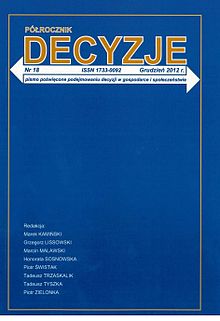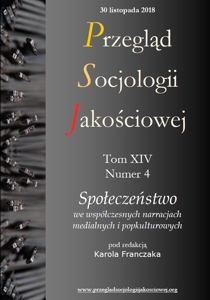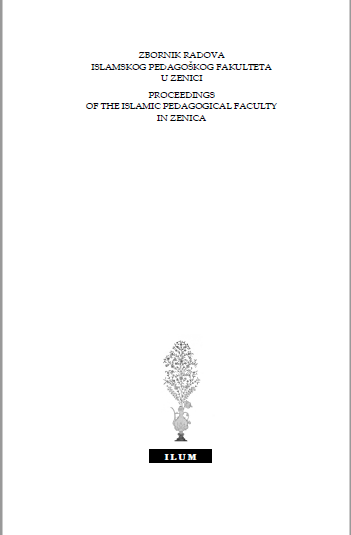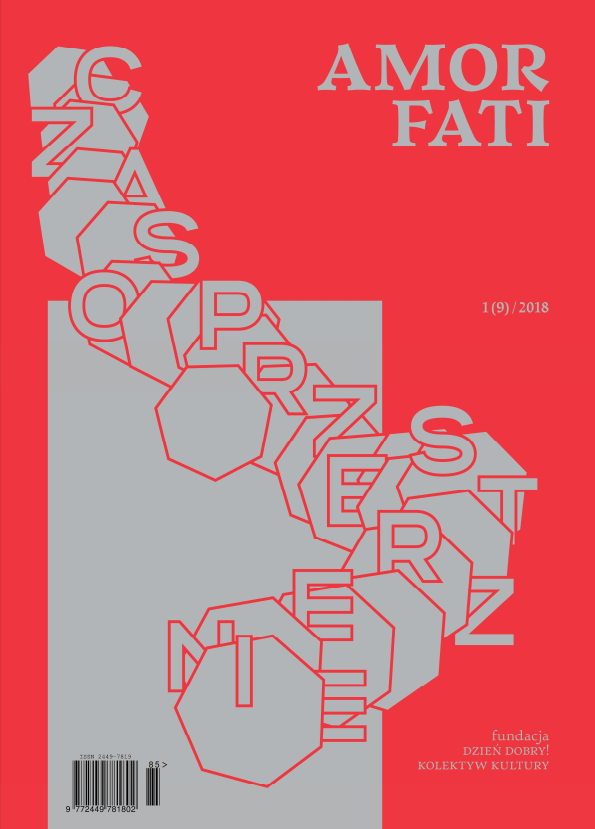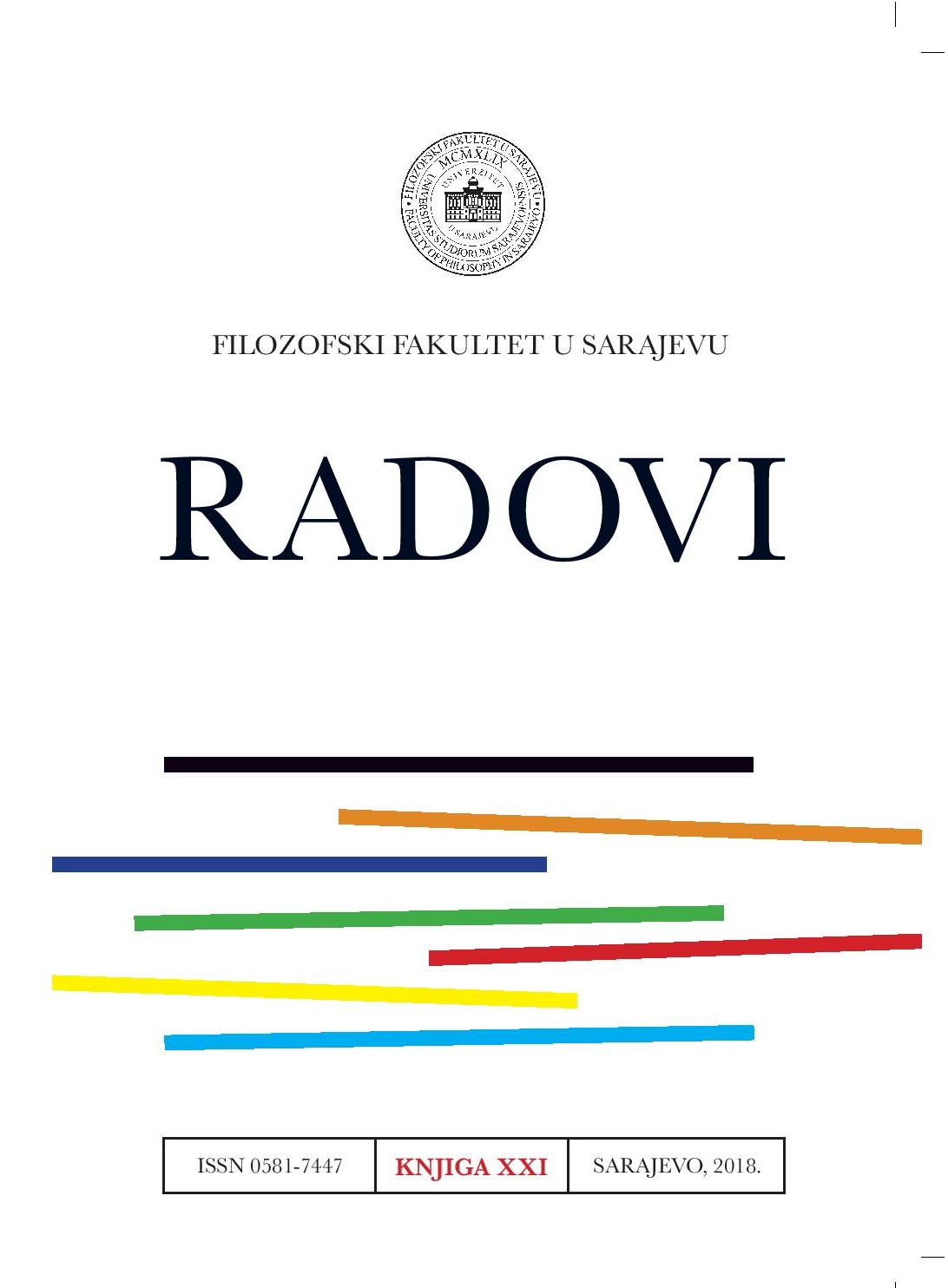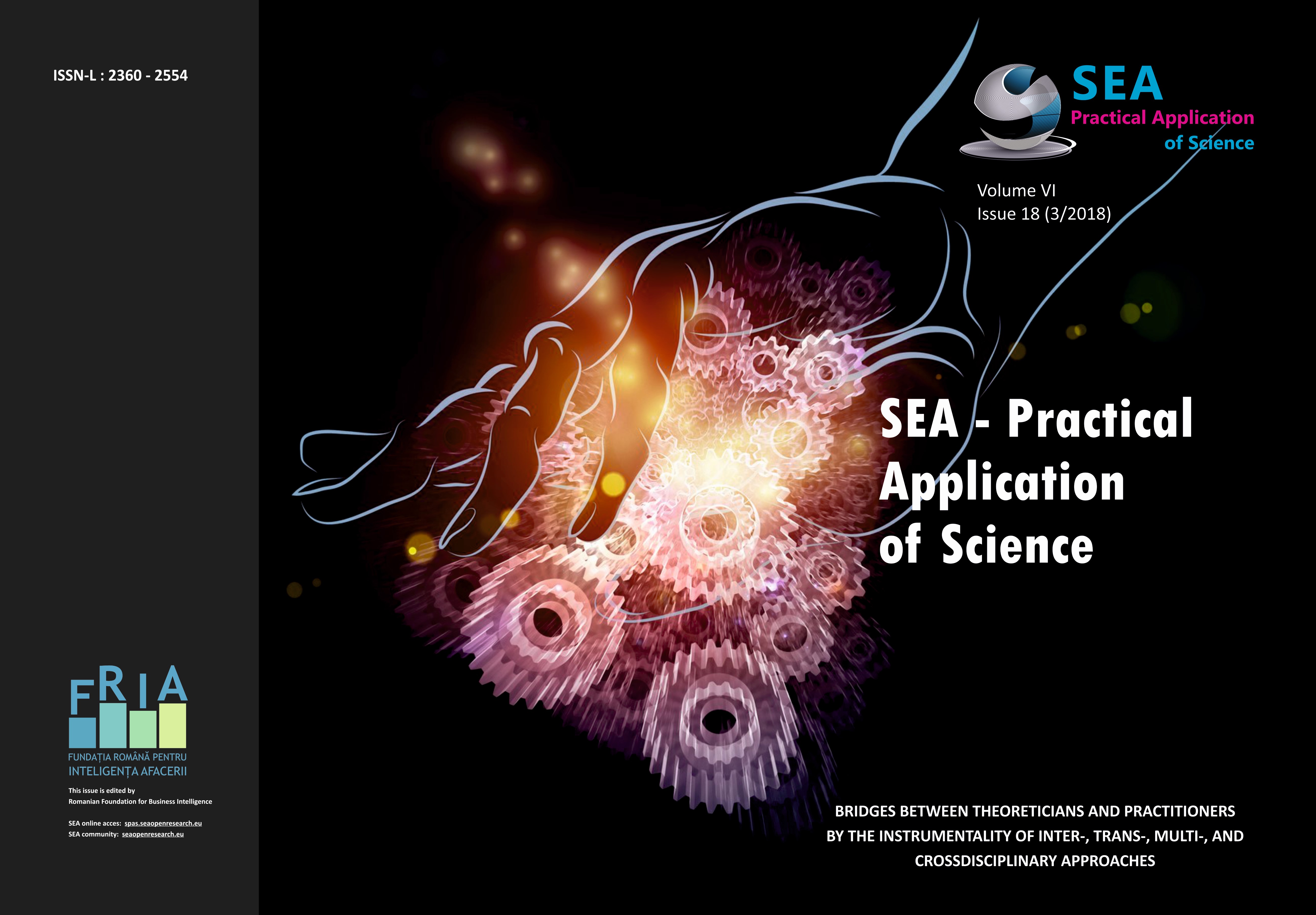Kognitivna obrada alomorfije u srpskom jeziku
In this work, we explored cognitive status of suffix allomorphy of the masculine nouns in instrumental singular in Serbian language (eg. mišom-mišem; pužom-pužem). Allomorphy represents distinct variations in form of the morpheme which does not influence it’s function and meaning (cf. Lyons, 1968). Despite it’s frequent appearance in speech and language production, it has rarely been a subject of psycholinguistic explorations. First goal of this research was to determine whether the cognitive processing of allomorphic nouns has it’s specificities and second goal was to create the base for making and testing hypothesis regarding morphological and/or phonological factors that influence suffix alternation in forming of instrumental singular of masculine nouns. We conducted visual lexical decision experiment and applied a questionnaire created for the needs of investigating allomorphy in language production. Results showed that at least two processes influence cognitive processing of masculine nouns in instrumental singular: (a) certain morpho-phonological restrictions that influence appearance of the suffix –em, and (b) allomorphy - variations in suffix in instrumental singular. In addition, the findings indicate that allomorphy could be the consequence of the tendency to use more frequent suffix (-om), that eases the processing, and blocks the influence of the morpho-phonological restrictions.
More...
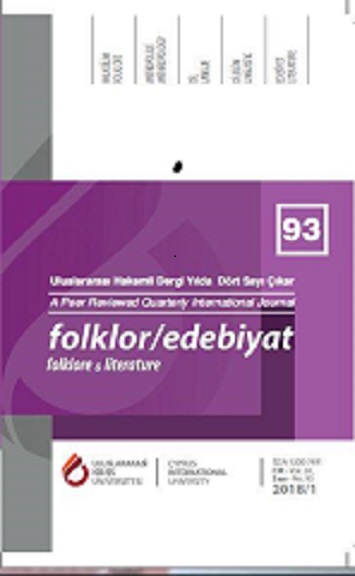
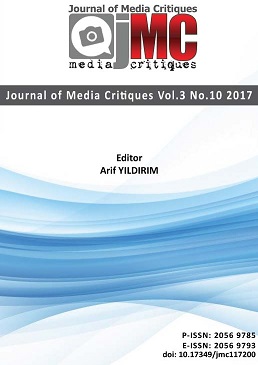

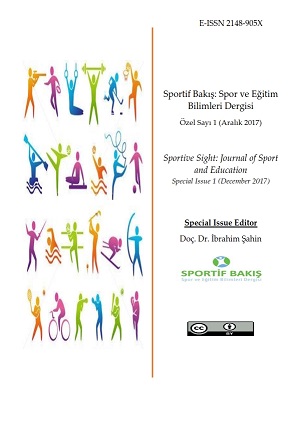
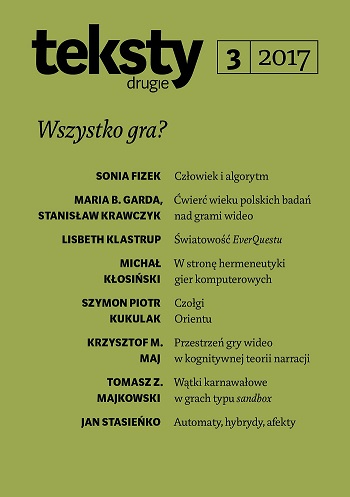
![„[…] nawet zabić się nie mogę, bo chcę widzieć”. O spojrzeniu przez Łzy](/api/image/getissuecoverimage?id=picture_2017_43061.jpg)
